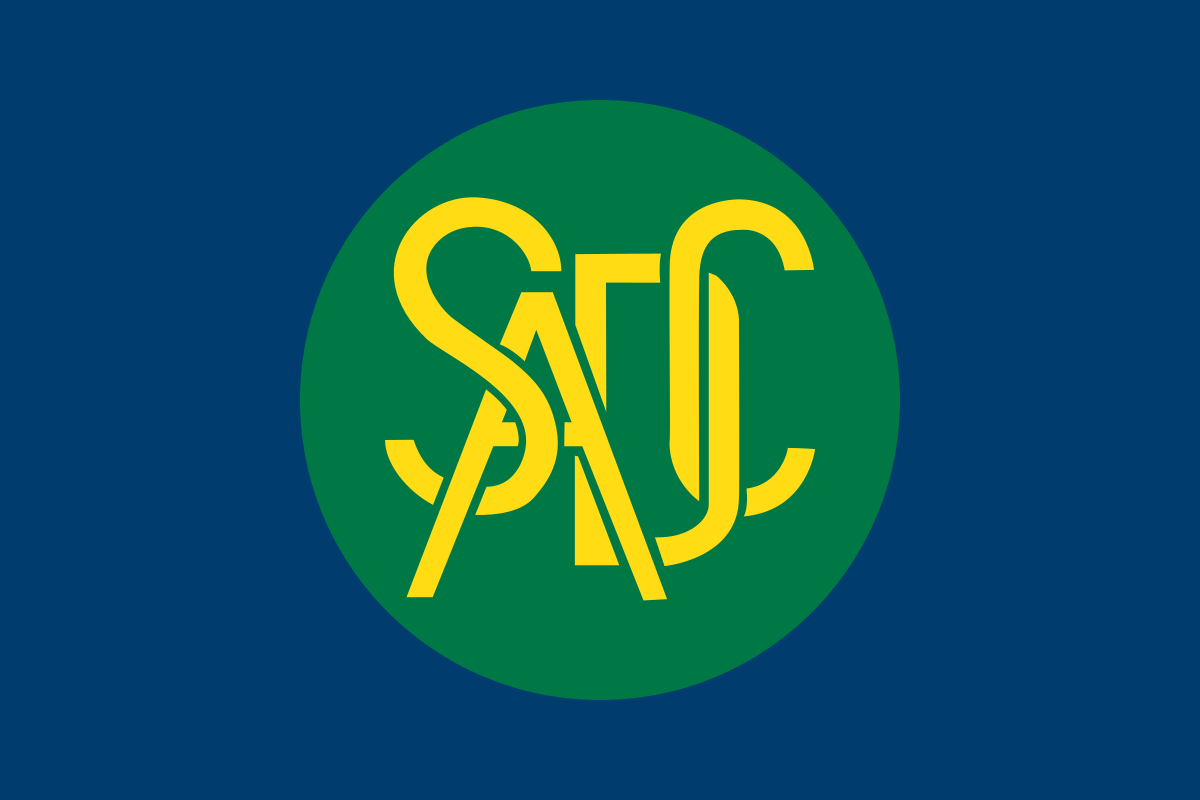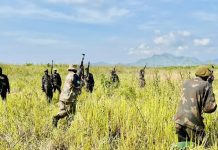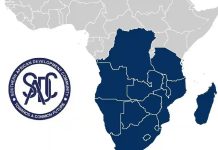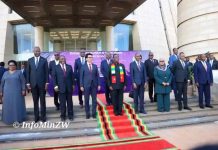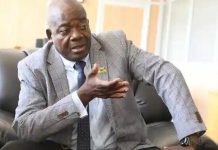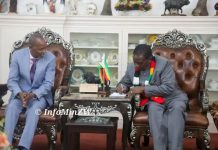The Southern African Development Community (SADC) Council of Ministers has recommended strong action to be taken by the regional bloc to lobby for the removal of sanctions against Zimbabwe.
In May, the European Union and the United States renewed, for another year, the illegal sanctions which they imposed on Harare as punishment for implementing agrarian reforms which were meant to correct colonial land imbalances which favoured the minority white population.
The renewal was despite numerous calls from Zimbabwe, SADC and others, to remove the sanctions which have been cited as the main cause of economic challenges the country is facing.
Government has said that Zimbabwe has lost an estimated US$42 billion in revenue over the past two decades due to the sanctions.
Chairperson of the SADC Council of Ministers Tanzania’s Foreign Affairs Minister, Palamagamba Kabudi said sanctions on Zimbabwe were no-longer necessary.
He said this was so especially after the new government of President Emmerson Mnangagwa had made headway in reforming the country which had been labelled a pariah.
The holding of a free, fair and credible election last year, in which President Mnangagwa beat his nearest challenger Nelson Chamisa by a huge margin, was also another factor supporting the removal of the illegal embargo.
“Sanctions in Zimbabwe are causing damage and negative effects to children and women who are innocent, so we are recommending to the Summit to have a concerted effort of ensuring that those sanctions are removed,” he said after the meeting held ahead of the SADC Heads of State and Government summit which begins on Saturday.
The resolution on sanctions is part of several other recommendations that the Council of Ministers has submitted for consideration by SADC leaders.
Meanwhile, the Ministers also recommended the adoption of kiSwahili as Sadc’s fourth official language along with English, French and Portuguese.
Kabudi said kiSwahili would be adopted at the level of Council and Summit, first as a language for oral communication, before eventually being adopted for written official communication within the region.
Already, KiSwahili, which is spoken in most East and Central African countries, is an official language of the African Union.
The Ministers also recommended the ratification of the SADC Protocol on Industry, a legal instrument that aims to improve the policy environment for industrial development and growth.
The protocol is seen as an enabler to the SADC Industrialisation Strategy and Roadmap (2015-2063) adopted in Harare in 2015.
“Industrialisation is now the focus of all the 16 members of SADC, where we believe that without industrialisation, we will not be able to sustainably develop our countries and our region,” said Kabudi.
The 39th SADC Summit is running under the theme “A Conducive Environment for Inclusive and Sustainable Industrial Development, Increased Intra-Regional Trade and Job Creation.”-New Ziana

